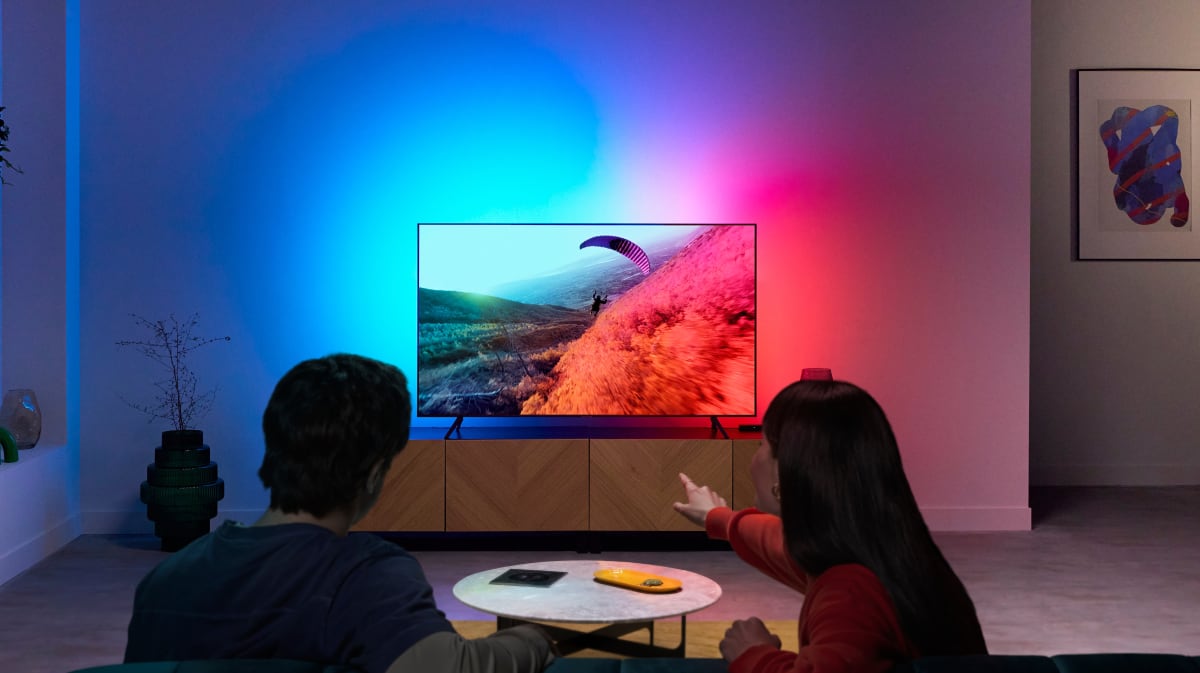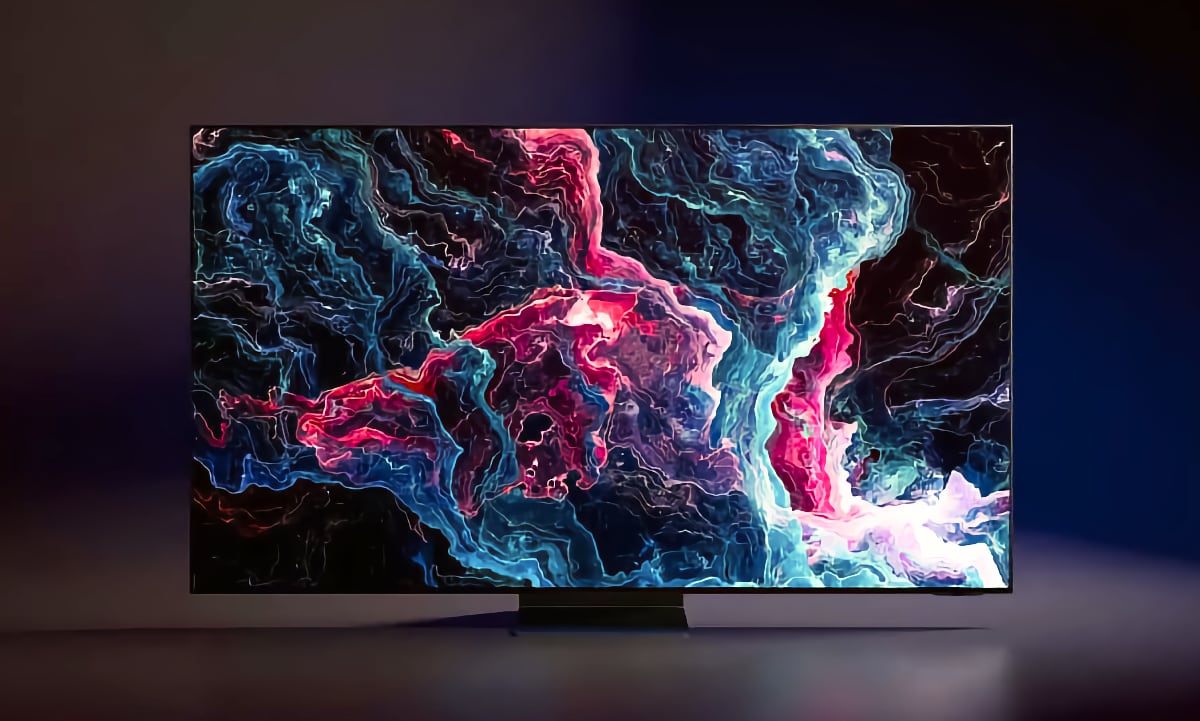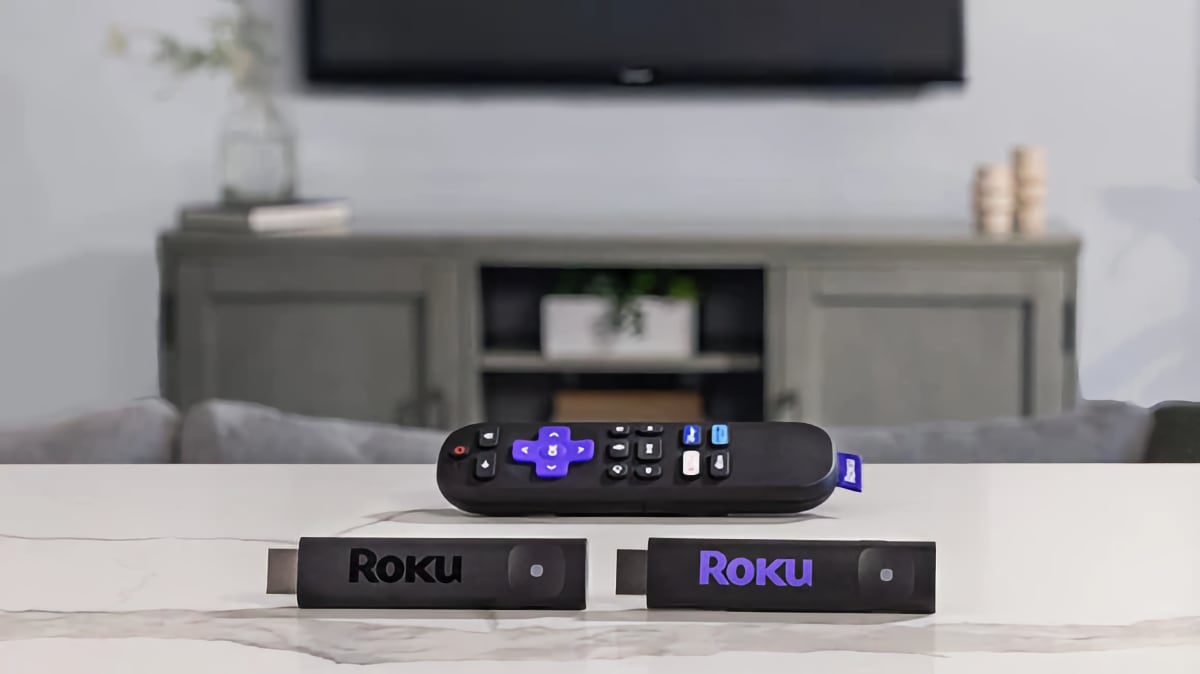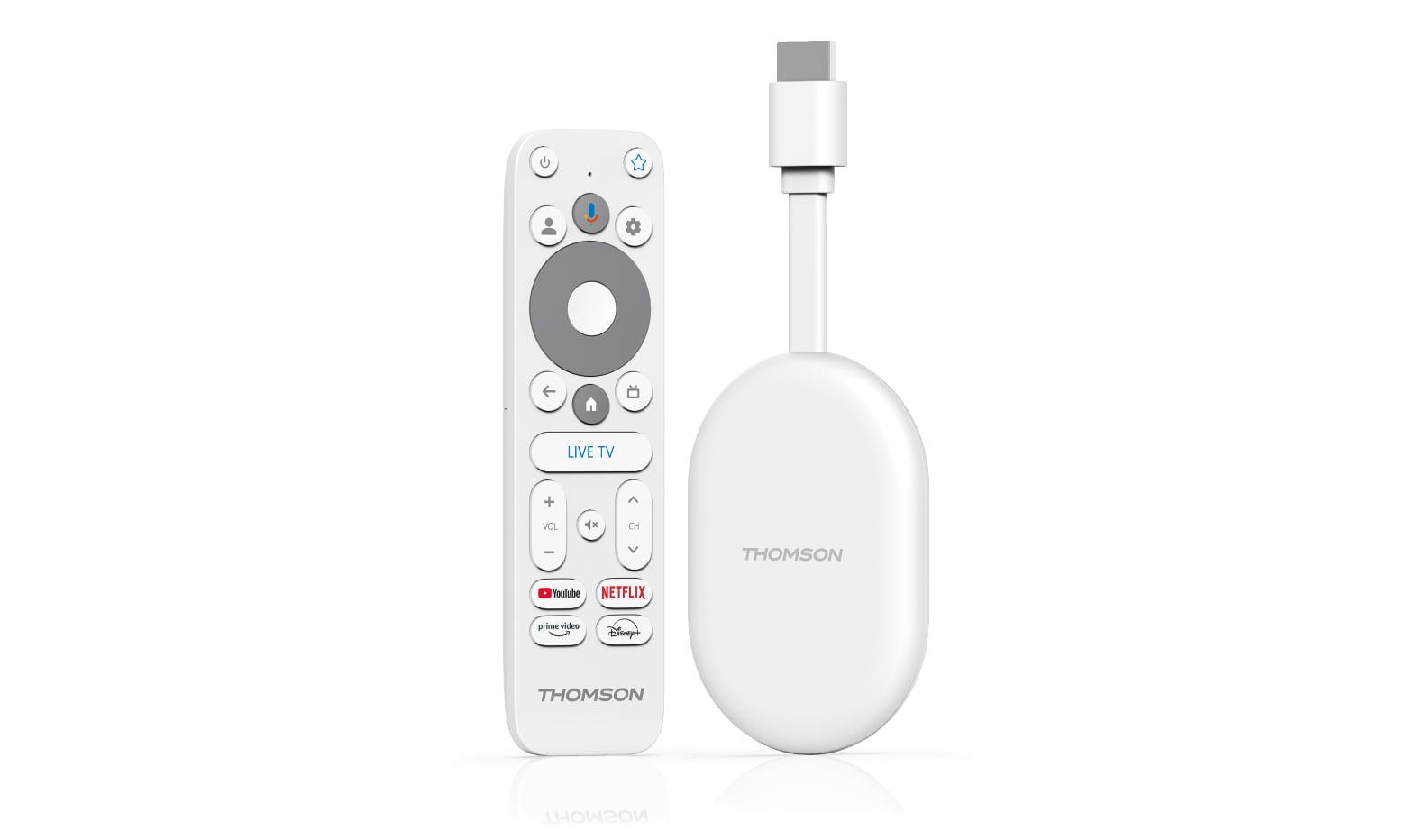The Apple Vision Pro is very expensive and far from perfect, but according to the founder of modern VR and Oculus – now Meta Quest – it represents tomorrow's technology today.
If you have tried the Apple Vision Pro, you will likely agree that it is wildly impressive and a video revolution. It is better than the cinema, delivers the best 3D experience to date – thanks to micro-OLED – and makes you think different about the future of entertainment and work. But it is also bulky, heavy and too expensive.
It also highlights the limitations of Meta Quest's LCD panels, and after selling Oculus to Facebook and being pushed out, Palmer Luckey has expressed his dissatisfaction with Meta's metaverse in late 2022, calling it "terrible today" and saying that Meta gave up on high-end VR too quickly.
Meanwhile, Samsung is reportedly developing a headset with even higher-resolution OLED displays.
Future technology today
So, what does Palmer Luckey, the visionary who revived and sparked the modern VR movement, think of the Apple Vision Pro?
- "I was telling people, 'Listen, you have to realize that what Apple's doing here is not trying to, with their first release, try to make something that is for everybody'," Palmer Luckey said on the What's News podcast, reported by BusinessInsider, and added:
- "They are trying to drag something out of the future that really shouldn't exist until 2026, 2027, and drag it into the present by making it ludicrously expensive."
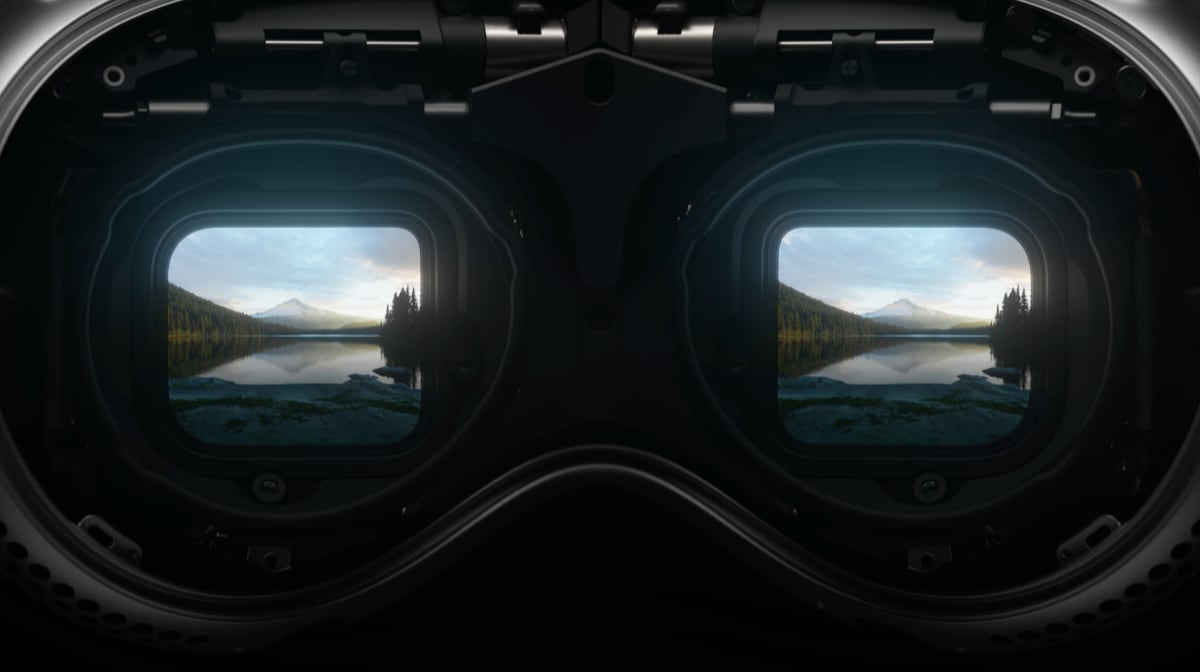
The two micro-OLED displays in Apple Vision Pro
Not a mass-market product
This sentiment echoes the words of Apple CEO Tim Cook, who has said that the Apple Vision Pro is "not a mass-market product" but rather "for people who want to have tomorrow's technology today".
With reports of lower-than-expected sales for the Apple Vision Pro and declining sales for Meta Quest, these comments help manage expectations. Emerging categories like VR/AR will take time to mature, driven more by iteration than by sudden breakthroughs.
Also see: 3D movie database
We are still in the early phase of headset development, but once companies crack the design challenge and expand the ecosystem, these products could very well become the future of entertainment.
- Source: BusinessInsider



